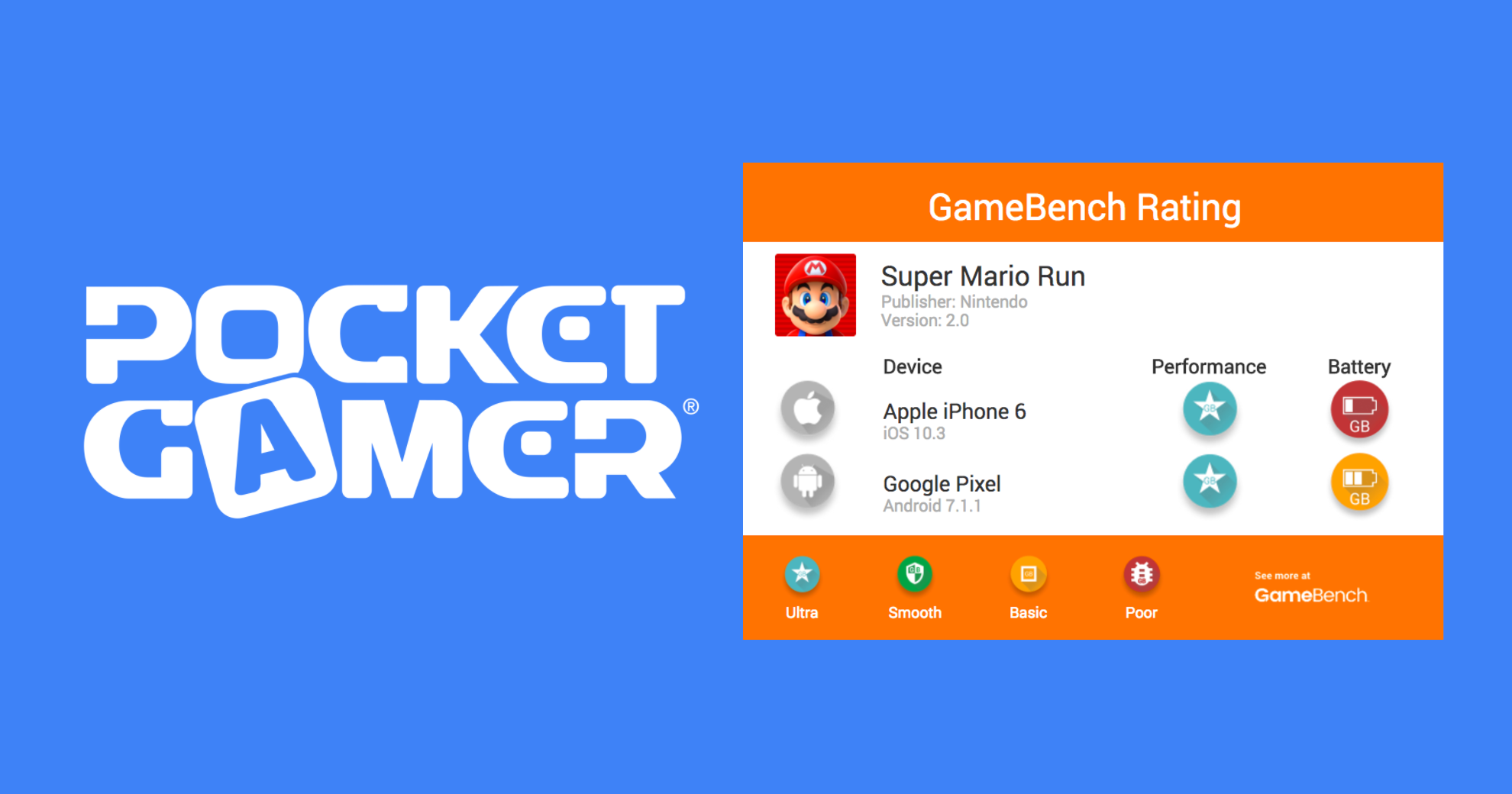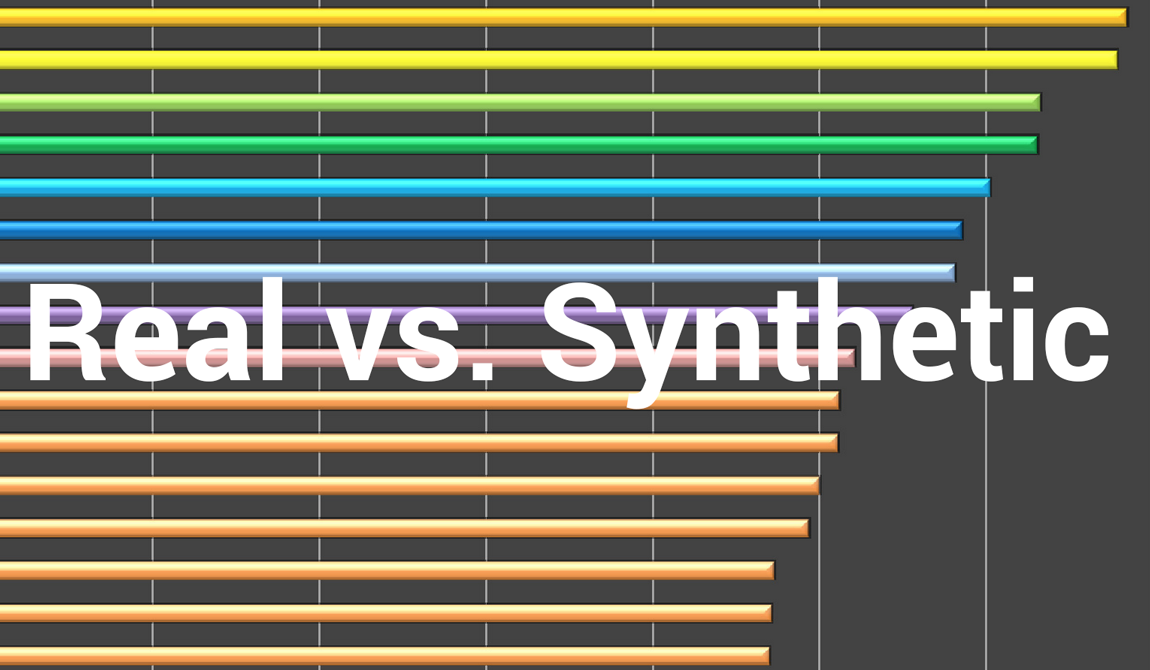MOBAs are hugely taxing games on mobile devices, involving intense multiplayer battles that last up to 30 minutes and punish every part of a phone's anatomy from its CPU to its GPU to its modem. Put simply, not every phone can handle a MOBA. Can yours?
Today marks the launch of a first-of-its-kind partnership between GameBench and PocketGamer.co.uk, aimed at revealing real-world performance and power ratings to gamers before they make a purchasing decision.
- Sharif
- 26. July 2017
-
Benchmarking, ios, android, gamebench, Pocket Gamer, Data Platform, Battle Bay
Intro and summary
GameBench is very different to other mobile benchmarks, because it is designed to measure the performance of mobile devices running real workloads. These workloads are simply apps — the very same apps and games that ordinary smartphone owners download and run every day.
Most benchmarks used in the mobile industry today are synthetic, which means they test artificial workloads that are never encountered by real customers and can at best only approximate real-world usage.
Each type of benchmark has its place, but there are three evidence-based ways in which GameBench offers a more useful alternative, and very often a direct counterpoint, to traditional benchmarks:
- GameBench Staff
- 26. May 2015
It's more than a year since bloggers at Anandtech produced a definitive list of Android benchmark cheaters -- manufacturers who tweaked their devices to produce artificially high scores in GFX Bench, AnTuTu and other synthetic mobile benchmarks. (Recap: it was just a couple of little-known vendors like Samsung and HTC.)
The issue of cheating has lessened since then, but gamers are still getting gamed -- this time through a tactic that can best be described as "benchmark avoidance." Fortunately, GameBench has a solution to this issue, just as it did to the first cheating scandal, but first let's look at how the avoidance tactic works.
Benchmark avoidance is when hardware companies deliberately disable parts of the Android operating system in order to make a mobile device more inscrutable to the most revealing types of benchmarks -- particularly to real-world benchmarks like GameBench.
When you’re on a long flight, have you stopped yourself from playing a mobile game in order to conserve your battery? Have you experienced too many stutters when you play a visually intensive title? Do you think it’d be helpful if you could choose a phone to suit your specific needs, based on public data about how well each model handles the best games and apps?
Smartphone and tablet reviewers try to distill their sense of how well a phone performs, but no matter how good their intentions, their conclusions are inevitably subjective and anecdotal. That’s why a market has developed around benchmarking apps like GFX, CPUBench, AnTuTu etc.
- Jake
- 25. June 2014
-
Benchmarking, Mobile Testing, QA, Mobile Gaming, Hardware, Software, Usability




